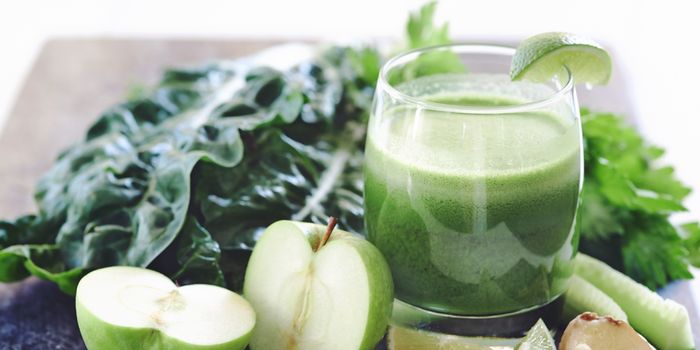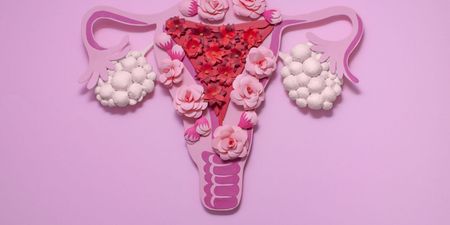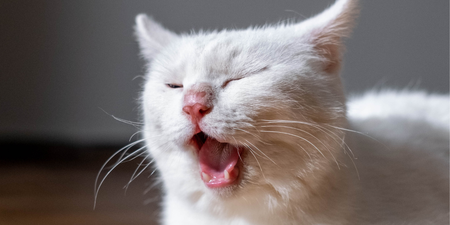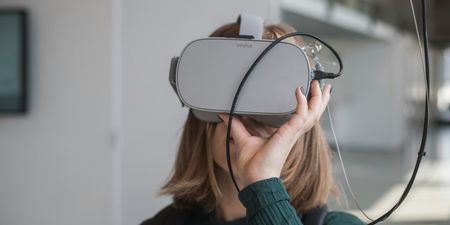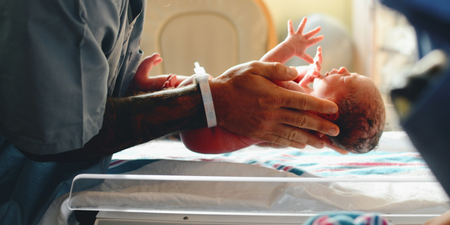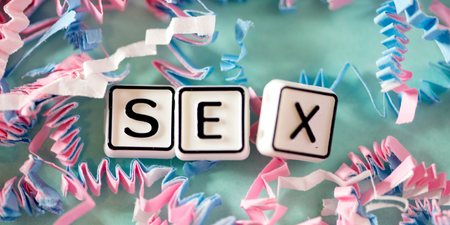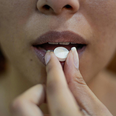The evidence that juice cleanses provide any long-term health benefits is almost non-existent.
They’re expensive, and according to The Guardian, detoxing in medical terms is ‘complete nonsense’ unless you’re referring to someone trying to beat a very serious drug addiction.
According to Edzard Ernst, medical professor at the University of Exeter the word ‘detox’ is “…being hijacked by entrepreneurs, quacks and charlatans to sell a bogus treatment that allegedly detoxifies your body of toxins you’re supposed to have accumulated.”
Given this, why do so many people continue to do juice cleanses?
Writing for Business Insider, Timothy Caulfield was interested in finding out why juice cleanses are so popular despite a lack of any real evidence that they are in any way effective.
He asked Walter Willett, an epidemiology professor at the Harvard School Of Public Health about why people continue to juice.
Willett said that people view cleansing as a break, especially if they are overeaters in the first place.
Caulfield took it one step further, and argued that people do cleanses to consciously or unconsciously, pay for their lifestyle ‘sins’.
He argues that the feeling of penance and encouragement from friends telling you to ‘hang in there’ will make you feel a sort of placebo effect or a psychological pick-me-up. There’s also the link between the release of endorphins (happy hormones) and extreme calorie restriction.
Kate Taylor reported for Slate about how calorie restriction triggers the release of endorphins to help the body cope in an emergency situation, and can give you a false sense of energy.
So it may be worth being sceptical of those friends of yours who are drinking nothing but green juices for two weeks to fit into a wedding outfit.
